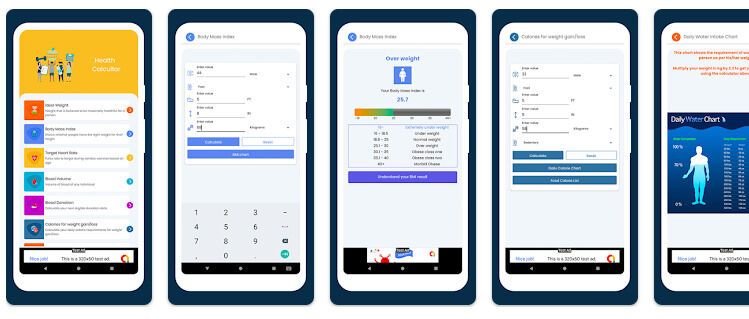The global health club management software industry is expected to experience a significant rise in revenue between the years 2024 and 2032. These projections are based on the growing trend of health and fitness consciousness, and the ever-increasing adoption of digital solutions to simplify commercial operations and enhance consumer experiences.
The health club management software platforms provide health clubs, gyms and fitness centres with digital solutions to streamline business operations. The platforms come equipped with features to manage membership, billing, schedules, and customer engagement. The increasing drive for operational efficiency propelled by the growing demand for fitness and wellness services, is a considerable factor behind the software’s popularity in the market.
The market is divided into various segments for better understanding and analysis. Different segments such as types, applications and regions help determine the driving factors, growth opportunities, market challenges and restraints. Another unique feature of these platforms that contributes to their appeal is their cloud-based operation. This ensures scalability and easy integration with other fitness applications, thus creating demand for the product.
The customer-friendly appeal of the software also extends to their ability to provide analyses of member preferences and behaviour. This aids in personalising services and improving retention rates. Health-conscious consumers increasingly seek tailored fitness experiences which have led to an increased demand for sophisticated management software.
Several key players in the market constantly strive to capture more market share with their innovative products. These companies include Mindbody, GymMaster, Zen Planner, Club OS, Glofox and Virtuagym. Mindbody, in particular, is seen as a leading provider, offering a comprehensive suite of tools that appeal to different wellness businesses.
Features of their products range from easy-to-use interfaces, robust features, integration of access control with member management, CRM capabilities and class scheduling. Meanwhile, others like Club OS focus on sales and marketing automation, helping health clubs enhance their customer acquisition and retention strategies. The industry is characterized by continuous innovation, as companies strive to differentiate themselves with superior user experiences and integrations with emerging fitness technologies.
The health club management software industry has experienced a surge in revenue due to the Covid-19 pandemic as it led to increased demand for technological services. The outbreak has triggered significant growth in technology across developed and developing countries. Covid-19 had a major impact on almost all industries, emphasizing the importance for digital solutions in facilitation the industry’s operations
Health club management software offers key benefits to stakeholders such as gym owners and operators with streamlined operations and cost savings. The ubiquitous use of these platforms can also contribute to the promotion of fitness and wellness within communities. Other beneficiaries include staff and management, who enjoy enhanced productivity, and members and customers, who can enjoy personalised experiences.
Given this industry overview, it’s clear that the health club management software market is expecting a growth spurt that investors, gym and health club owners, and technology providers should take into careful consideration. With its increasing relevance in an era of health consciousness, the industry is expected to witness remarkable strides in development and revenue in the coming years.




